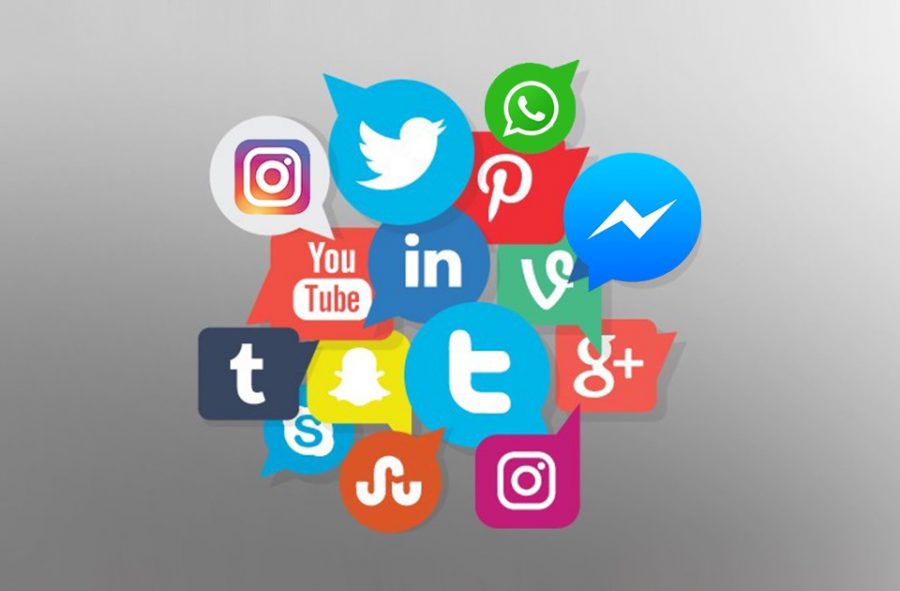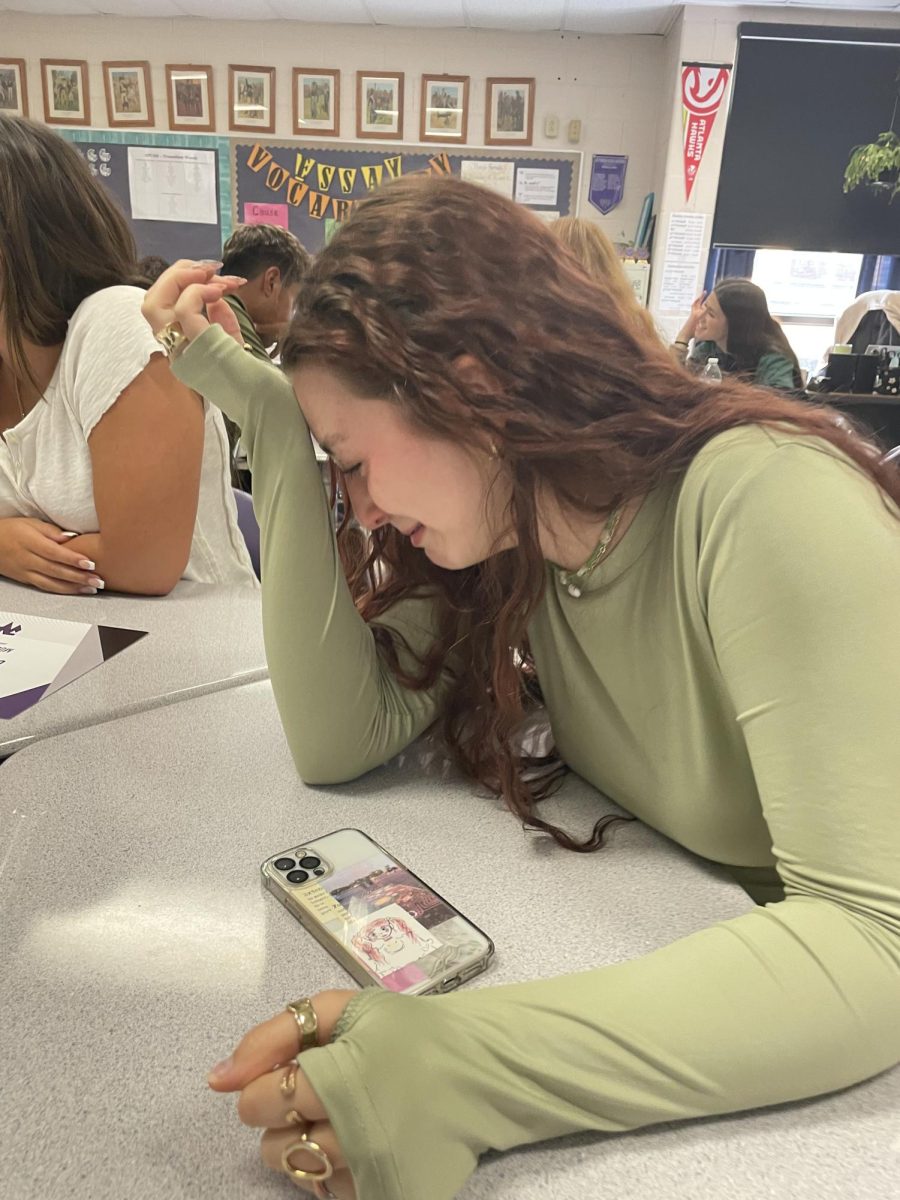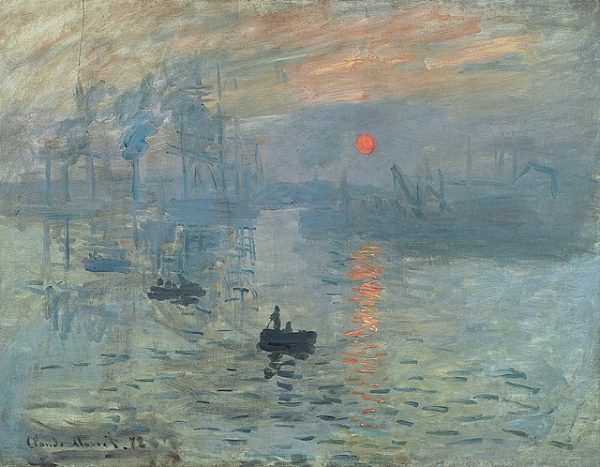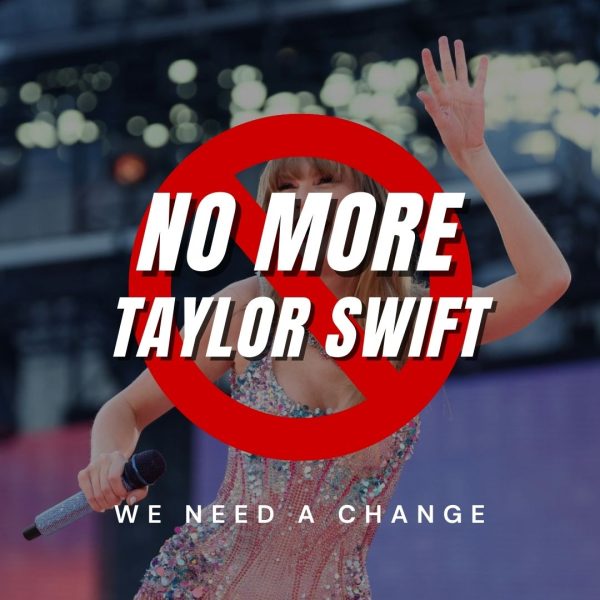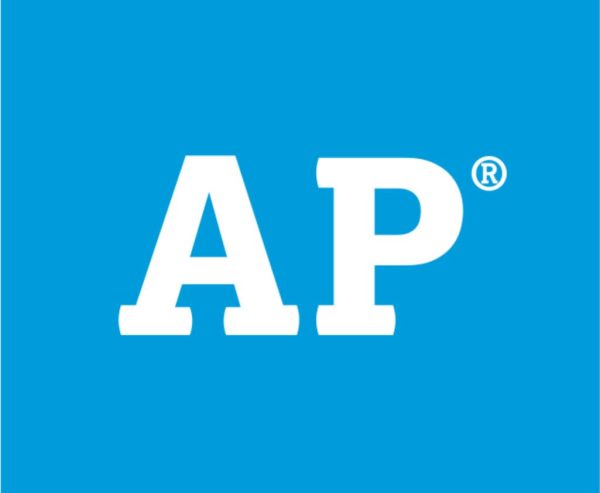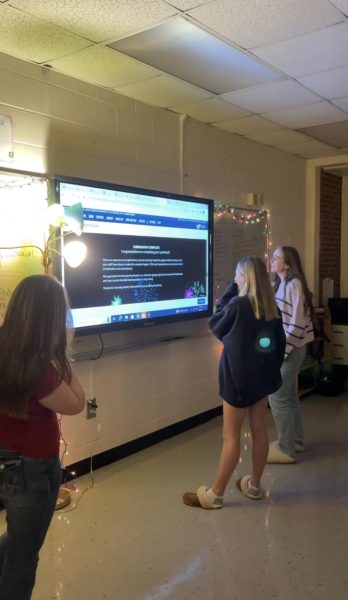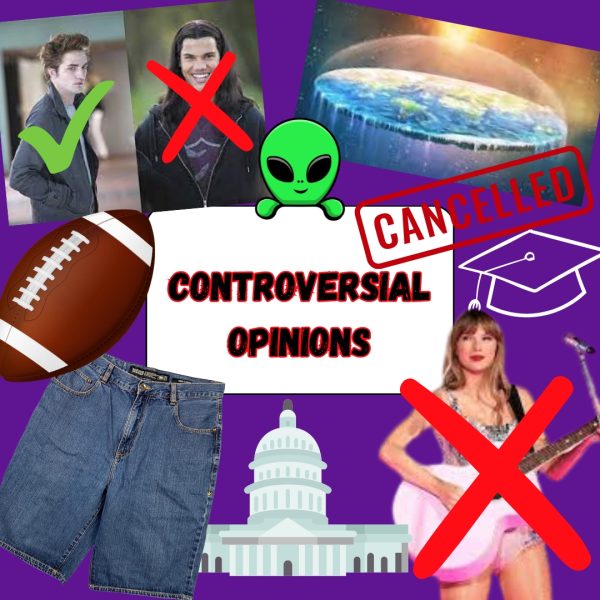Rising Internet Censorship: The Take-Down of Your Favorite Social Media Apps
YouTube and Pinterest are two of the many social media apps which have begun censoring their content. (Photo from Medium.com.)
April 9, 2019
Recently, internet censorship across various media platforms has been rising, and YouTube is a principle example of the negative consequences of censorship on creators and users alike. Throughout the course of 2019, YouTube has been demonetizing videos for controversies relating to anti-vaccination, the far right, child predators and, recently, the Momo challenge. Other social media platforms, such as Pinterest and Facebook, have been following suit with similar restrictions on groups promoting controversial or incorrect information, leading to more negative publicity from mainstream television networks.
The effects of internet censorship have a wide vicinity to affect every type of social media platform that is marketed towards teenagers nationwide, Due to media and parent outrage, YouTube has recently been taking down videos of small children in an effort to combat child predators online, appeasing neither side in its enforcement. In addition, anti-vaccination propaganda has spread on both Facebook and Pinterest to the point of being banned on both platforms.
In my opinion, the of these major social media platforms reveal the underlying issue: the right to free speech for internet users and the right to inform for large media corporations. As the saying goes, “knowledge is power,” so many supporters of internet censorship believe that these major corporations are ethically concerned with preventing the spread of misinformation to the public. However, restricting the speech of those who have opinions different than the societal norm only hurts the ability to understand the psychies of others. This may lead to seclusion and other harmful effects on people’s mental health as well as the safety of society.
Additionally, making sure that children maintain their innocence is a current problem plaguing parents in an increasingly technological world; therefore, parental controls have been more prevalent on many apps, including YouTube and Tik Tok. The failure of these systems in terms of preventing adult content has blatant distrust from parents, yet many teenagers in the U.S. are against parental controls because they tend to censor content that it not remotely inappropriate. In this case, parents should be spending time with their children to see what their interests are instead of blaming large corporations for doing their job.
All in all, I believe that all internet users have the right to search and interact with content of their choosing–with the exception of young children. Therefore, I do think that internet censorship in the United States should come to a halt because it infringes on certain human rights, such as the First Amendment; however, the spreading of misinformation and inappropriate content is a human issue, one that I think technology cannot truly resolve.


